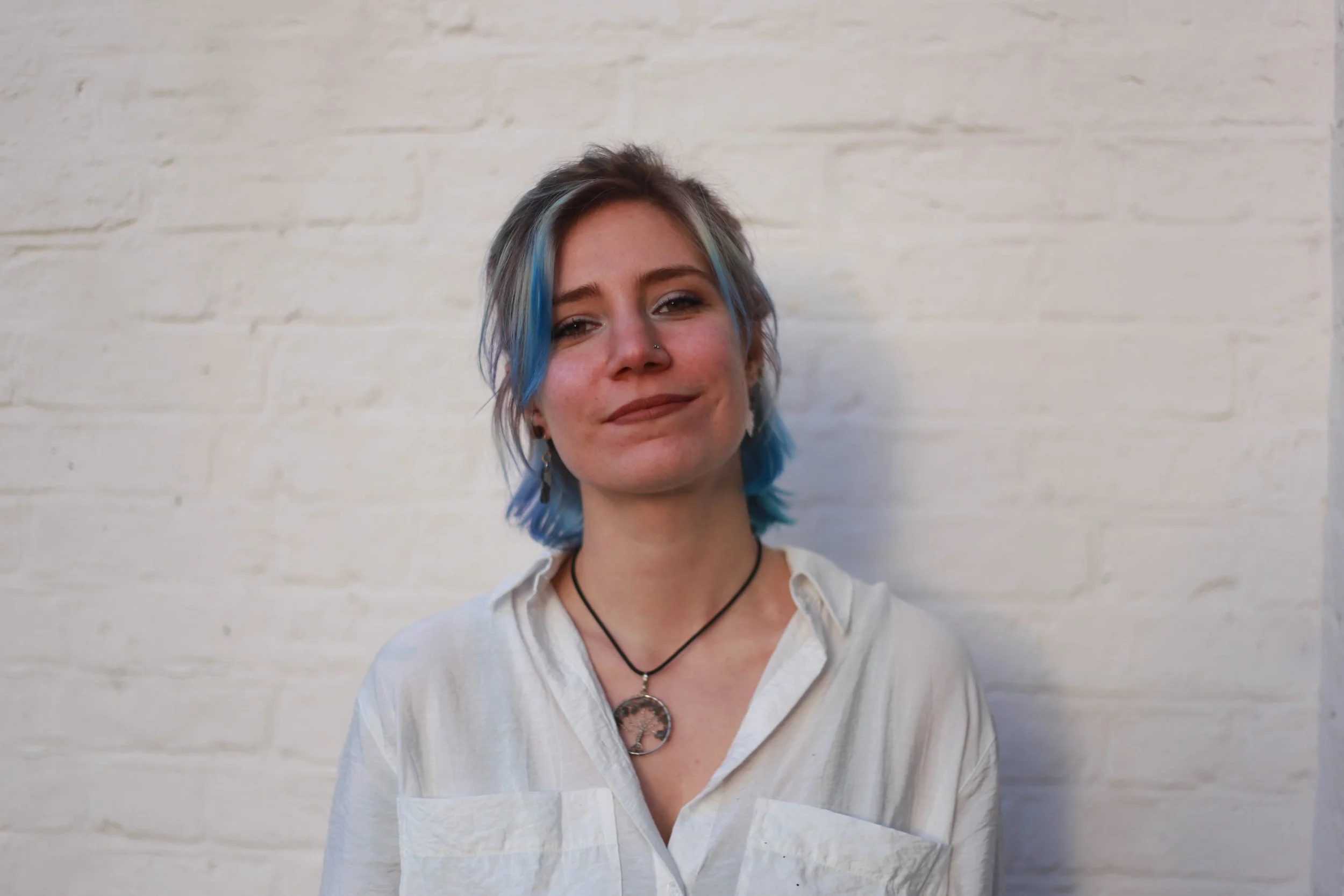Health Is Time - Being Chronically Ill Is A Full Time Job, Don't Make It Worse By Being Careless
Being chronically ill is a full-time job. There are the actual physical aspects of the illness that take over your life. In my case as someone who has endometriosis it is: the chronic pain, fatigue, brain fog, nausea, passing out and further symptoms that would only push this sentence to the edge of depression. Speaking of depression, it often holds hands with the physical symptoms, because mental and physical health tend to deteriorate together. Isn’t this melodramatic?
But in reality, when speaking to other disabled people, all of these sentiments are so often echoed in our conversations, whether we mean for them to be or not.
Think about how much literal time is being spent unwell, to the point where you’re struggling with basic things such as work, the washing up, cooking, getting dressed and showered. Try to picture back to a time you were particularly unwell. Was it the flu, Covid, a broken bone? Consider how much longer all these basic actions took, or how much time passed before you could even do them? Unfortunately for chronically ill people, this is an everyday reality. Then dump the deep depression that makes you just lay in bed and stare at the walls to the totalling lost hours. The frustration of wanting to do things but not being able to hurts. The inability to do household tasks or shower, let alone missing out on connections and intimacy with others or career opportunities, can be so absolutely crushing. Chronic illness steals endless days, weeks, months.
Now that you’ve got a clearer picture on how physical and mental conditions make each week days shorter, let’s address the countless hours spent with medical professionals - in hospitals, GP surgeries, on the phone, over email, face to face. When you have a condition that has no cure and suffers from lack of research because of the lack of funding, you have no choice but to engage with a carousel full of different doctors and nurses. Sometimes even medical professionals have no clue about the illness and literally have to google things in front of you, so you feel the need to do your own research and read scientific journals. There is always some kind of test or scan you need to be doing, see a different specialist in a different department, engage with different types of treatment, from physio to the pain clinic to medication to operations. It can feel relentless and difficult to keep track of (especially when you’re already struggling to think because of the symptoms mentioned earlier). How many hours are taken up by travel to and from hospitals and even just waiting at the hospital or surgery or clinic? What about the time riddled with anxiety before the appointments because you’re not sure whether the doctor will take your pain seriously? Especially if you’re a marginalised gender.
Covid has intensified everything and snatched more time. The NHS is at a crisis, not only are the waiting time for appointments and treatments longer, things get mixed up and confused and forgotten. Results get lost, doctors forget things and referrals remain unsent. You waste more time and energy waiting and following up on things. It feels unforgiving and impossible to keep up with it all. I don’t blame the doctors or the NHS. They are simply overworked, underfunded and underpaid. I’m so thankful to those medical professionals that went out of their way to make my life easier, but they can only do so much.
Chronically ill people in particular, face the additional risk of serious harm from Covid. People with disabilities have experienced some of the biggest health implications throughout this pandemic. I’ve had three vaccinations and it’s been nearly three months since I got ill with Covid. Though I am very slowly getting better, my energy levels are nowhere near back to what they were before and I am still experiencing intense pressure headaches, along with vertigo, chest pain, shortness of breath and my brain feels like a sieve. Not to mention the fact that it has caused my endometriosis to flare up, as my body is struggling to cope. As it stands, neither endometriosis or my symptoms of long Covid have a cure or effective treatment.
As England rapidly moves to lift all the remaining Covid restrictions, disabled people are left behind to fend for themselves. When lateral flow tests have been free, many people will still forget to take one before coming to see me, sometimes even after I explicitly ask. The stakes are so much higher if you’re disabled or chronically ill. Covid can lead to more time being stolen until there’s no time left. I had an able-bodied friend tell me they found it annoying that they were asymptomatic as the quarantine felt pointless. Given everything I mentioned above, hearing something like that highlights the reality of how unaware able-bodied people are of the realities of having ill-heath. In his diaries, Andy Warhol said “health is wealth.” Nothing feels truer than that when an able-bodied person is blind to their own privilege. So please, if you can, take tests before meeting a disabled or chronically ill person and before any large social event. Inclusion should be at the forefront of decisions around medical supplies. And if it was, lateral flow tests would remain free past 1st April. Covid might not be a big deal for you anymore, but for disabled people, it’s still more time stolen
Written by Maria Kalinowska
Maria Kalinowska is a photographer, creative director and writer, known professionally as M.A.KAMERA. Always with a camera around her neck, you’ll often find her at a concert, a protest or travelling. Her writing explores topics ranging from sex to mental and physical health to social and environmental justice. Her work has been published in The Independent, Notion, MadMomxn Magazine and Guestlist.









